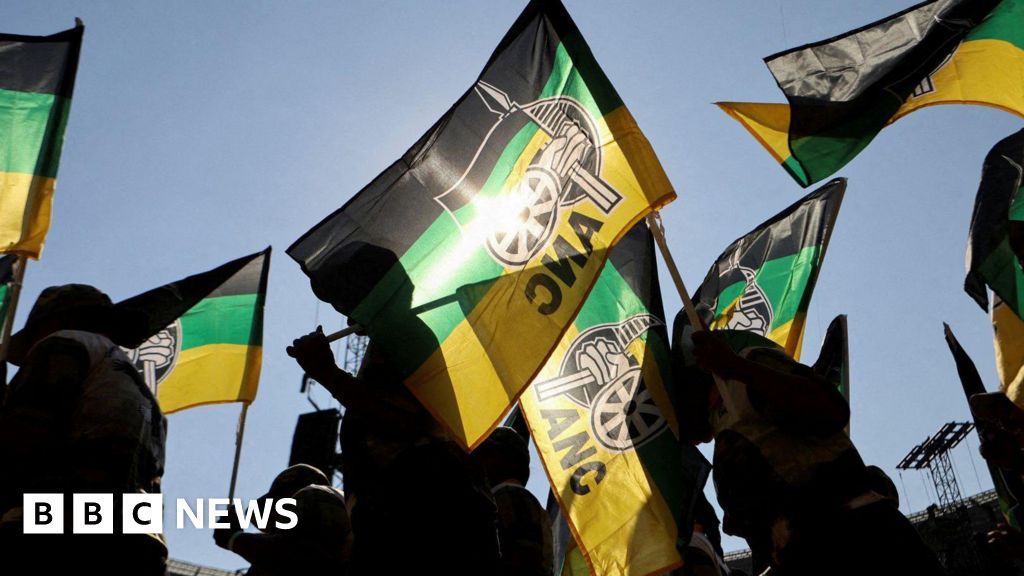South Africa’s ruling African National Congress (ANC), led by President Cyril Ramaphosa, announced the formation of a new coalition government after losing its parliamentary majority in May elections.
“A government of national unity… is unprecedented in the history of our democracy,” he said.
The ANC will hold 20 of the 32 cabinet positions, while the Democratic Alliance (DA), the main opposition party so far, will hold six. The other six portfolios are shared among smaller parties.
The ANC’s declining electoral support reflects public disillusionment with its poor record in delivering basic services and tackling unemployment, poverty and corruption.
In 1994, the ANC under Nelson Mandela achieved its goal of ending white minority rule in South Africa.
In the new cabinet, the ANC will retain important ministries such as the Ministry of Defence, Finance and Foreign Affairs.
The DA’s responsibilities include interior affairs and public works. Party leader John Steenhuisen will lead the Agriculture Ministry.
“The incoming government will prioritize rapid, inclusive and sustainable economic growth and the creation of a more just society,” Ramaphosa said in a televised speech on Sunday.
The ANC welcomed the move, calling it “an important step forward and testament to the resilience of our democracy”.
At the same time, the DA said it was “proud to rise to the challenge and occupy a seat in the national government for the first time.”
It also promised “good governance, zero tolerance for corruption and pragmatic decision-making”.
Despite the coalition cabinet agreement, serious political differences remain between the ANC and the DA.
Perhaps the biggest and most controversial issue is the DA’s opposition to the ANC’s national health policy and its black economic empowerment plan.
In the May elections, the African National Congress (ANC) received 40% of the vote, while the Democratic Alliance received 22%.

